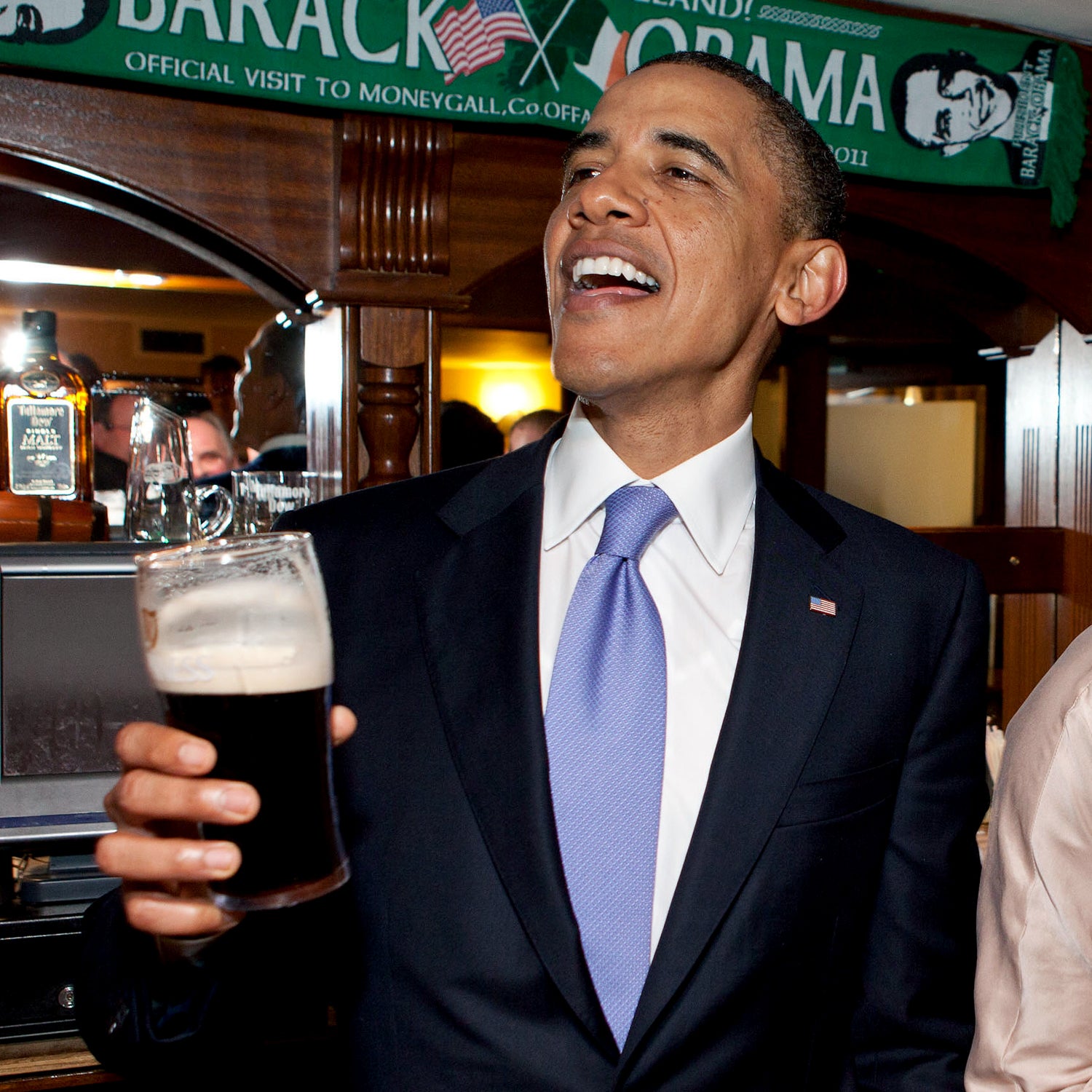The Congressional Small Brewers Caucus is fighting for your right to party—with craft beer.
The caucus was founded in 2007 by Representative Peter DeFazio (D-Oregon), an avid home brewer, “because I have a tremendous affinity for craft beer,” he says. The beer enthusiast also sought to represent his district, which is home to Deschutes, Full Sail, and Rogue, among others. “It’s grown pretty regularly from there. At first we were at 50 [members], then 100.” And it keeps expanding. The caucus currently has upwards of 140 members.
From the outset it might appear that this is just an opportunity for lawmakers to get together and drink beer after long days of not passing legislation. But the caucus is working on some real issues. On January 8, the leaders introduced the Small Brewer Reinvestment and Expanding Workforce Act (B.R.E.W., get it?). The act would reduce the amount of excise tax paid on the first 60,000 barrels of beer a brewer produces. The rate—currently $7 per barrel—would be halved, to just $3.50 per barrel. The bill would also reduce the tax rate—though less significantly so—on brewers that produce between 60,000 barrels and 2 million barrels annually. To put that into context, Sierra Nevada , and New Belgium wasn’t too far behind, at . Sam Adams , so it wouldn’t really qualify. Budweiser, meanwhile, , although that’s down from its heyday of 50 million barrels in 1988. Essentially, the caucus believes that the most relief is needed for breweries that are just starting out. Start-up costs are high in this industry.
After news broke that President Obama was brewing his own honey ale, DeFazio thought maybe he could get Obama interested in bitter brews if he sent Michelle Obama some hops to grow. “The Secret Service wouldn’t allow it.”
“A graduated tax would provide tremendous returns for these small brewers,” says DeFazio. “It’s one tax cut that might actually work. When you’re dealing with small craft brewers that want to grow, a tax cut like this could help them do that.”
Tax proposals typically divide lawmakers along party lines, but beer actually acts a bridge across the aisle. It’s one of the few issues that DeFazio and Representative Patrick McHenry (R-North Carolina) agree on. “Brewers are small businesses and the tax burden directly affects how fast they can grow,” McHenry says. “This would give much needed tax relief to these small breweries.”
But Big Beer—including Anheuser-Busch InBev—is fighting the proposal, says DeFazio. And though the bill has bipartisan support within his caucus, it will likely need to be tacked on to another tax reform bill to successfully make its way through Congress.
The caucus also comes to the aid of small brewers across the country. During the 2013 government shutdown, DeFazio and his colleagues started getting calls from craft brewers in their home territories. “It was about the time they’d put out winter brews, but they said, ‘we can’t put them out because if it’s different than last year’s winter brew we have to get the label approved,’” DeFazio says. All new beer labels have to be approved by a single person (who incidentally goes by the nickname “Battle”) in the Alcohol and Tobacco Tax and Trade Bureau, which is part of the U.S. Department of Treasury. But Battle wasn’t working during the government shutdown. When the government reopened, members of the small brewers caucus helped rush the winter brew labels through the approval process.
There is one thing, though, that the caucus hasn’t been able to make happen: plant hops in the Michelle Obama’s White House garden. After news broke that President Obama was brewing his own honey ale (), DeFazio—a self proclaimed “hop head”—thought maybe he could get Obama interested in bitter brews if he sent Michelle Obama some hops to grow. DeFazio had Sierra Nevada’s founder, Ken Grossman, sent plants to 1600 Pennsylvania Avenue. But they never made it. “The Secret Service wouldn’t allow it,” says DeFazio. “I guess they thought it was a national security threat because they were in soil.”
So he had bare rootstock sent. But those were flagged too. “We never did get the best hops into the garden,” DeFazio says.
While DeFazio and McHenry don’t agree on much, the two do agree that it’s hard to see hops as a national security threat—and that beer makes dealing with each other’s whack-a-do ideas just a little bit easier. “The good news is that over a beer you can actually have a better conversation, and that is a healthy thing,” says McHenry. But he adds: “We do try to stick to our core issues though, which is relief for small brewers.”


